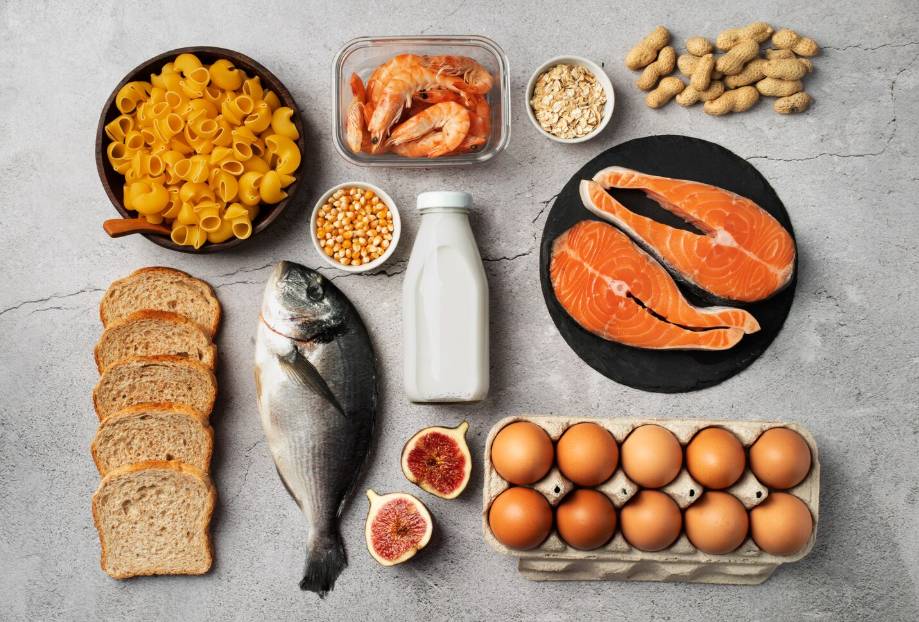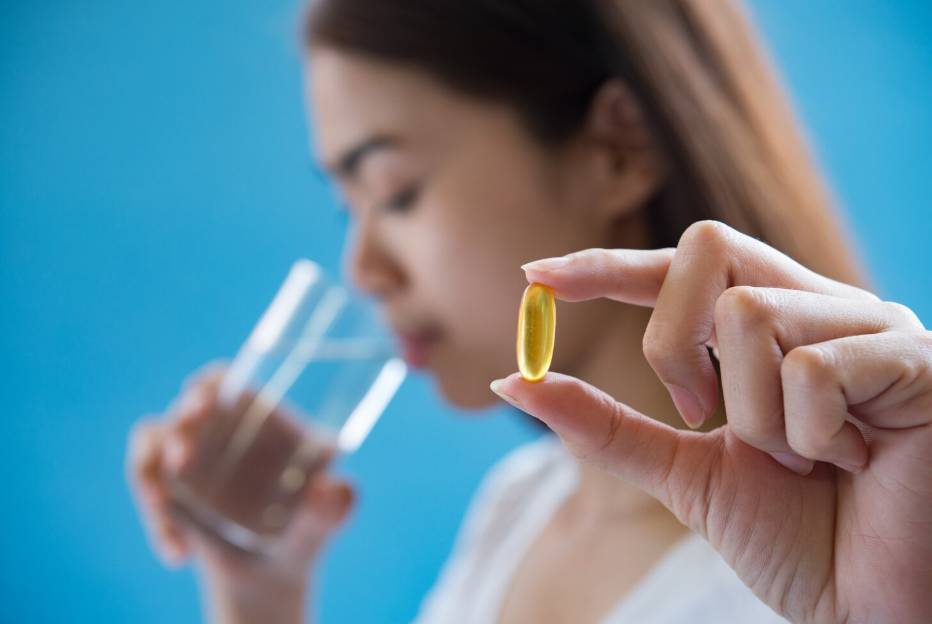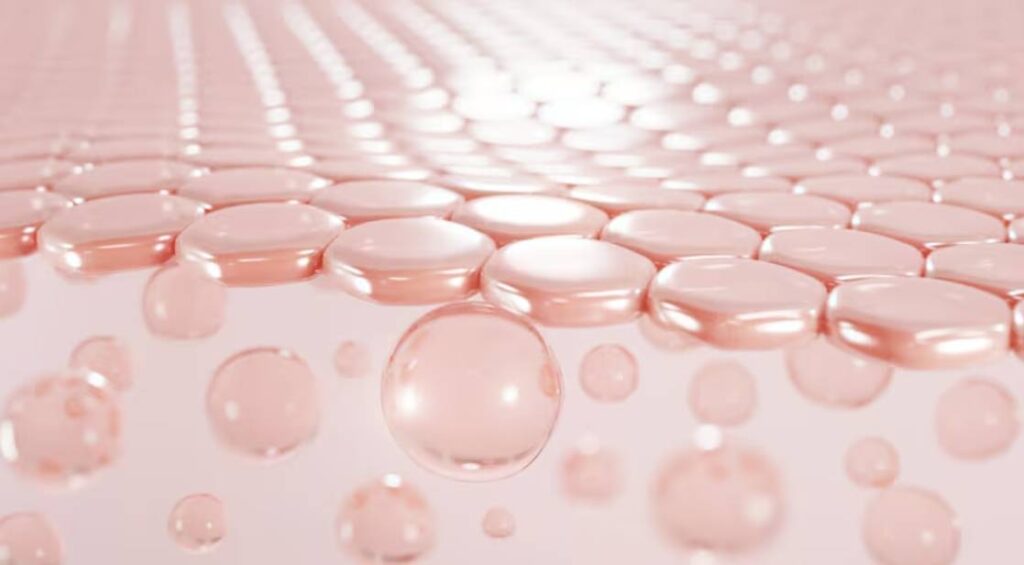Foods and Supplements That Support Herniated Disc Recovery
Recovering from a herniated disc isn’t just about stretches, workouts, or sleeping positions. Nutrition plays a key role in healing and long-term spine health. The right foods and supplements can reduce inflammation, support tissue repair, and strengthen muscles that protect the spine.
This article explores the top foods and supplements for herniated disc recovery, with practical tips for incorporating them into your daily routine.
Why Nutrition Matters for Spine Health
When a disc is injured, the body requires additional nutrients to repair tissues and manage inflammation. A poor diet can slow recovery, while a balanced diet rich in anti-inflammatory and collagen-boosting foods can accelerate healing.
Key benefits of proper nutrition include:
- Reducing inflammation and pain
- Supporting cartilage and disc tissue repair
- Strengthening muscles and ligaments
- Improving overall energy and immune function

Best Foods for Herniated Disc Recovery
1. Omega-3 Rich Foods
Examples: Salmon, mackerel, chia seeds, flaxseeds, walnuts
- Reduce inflammation and support joint and disc health.
2. High-Protein Foods
Examples: Lean chicken, eggs, Greek yogurt, tofu, beans
- Provide amino acids needed for tissue repair and muscle strength.
3. Collagen-Boosting Foods
Examples: Bone broth, chicken skin, fish, berries, citrus fruits
- Support disc structure and elasticity by promoting collagen production.
4. Magnesium-Rich Foods
Examples: Spinach, almonds, pumpkin seeds, avocado
- Relax muscles, reduce cramps, and support bone strength.
5. Anti-Inflammatory Fruits & Vegetables
Examples: Blueberries, kale, broccoli, sweet potatoes, turmeric, ginger
- Help lower oxidative stress and chronic inflammation.

Supplements That May Help
1. Collagen Peptides
- Promote disc hydration and elasticity.
- Often available as powders (popular in Korean inner beauty products).
2. Vitamin D
- Supports calcium absorption for stronger bones.
- Important for people with limited sun exposure.
3. Calcium
- Essential for bone strength and spinal support.
- Best absorbed when paired with Vitamin D.
4. Omega-3 Fish Oil
- Reduces inflammation and supports joint mobility.
5. Probiotics
- Gut health influences inflammation levels.
- K-Inner Beauty often highlights probiotic supplements for skin and overall wellness.
Tips for Building a Spine-Friendly Diet
- Drink enough water—hydration is essential for disc health.
- Eat balanced meals with lean protein, healthy fats, and colorful vegetables.
- Limit processed foods, sugar, and alcohol that worsen inflammation.
- Consider Korean health supplements like collagen powders and probiotic drinks to integrate both global science and K-wellness trends.

Foods to Limit or Avoid
- Processed snacks high in trans fats
- Sugary drinks and desserts
- Excessive red meat or fried foods
- High-sodium packaged meals
These can worsen inflammation and slow healing.
Final Thoughts
Healing from a herniated disc requires more than just physical therapy—it’s also about nourishing your body with the right foods and supplements. By incorporating anti-inflammatory foods, collagen-rich meals, and targeted supplements into your daily routine, you can support spinal health, reduce pain, and speed up recovery.
Pair this nutrition approach with gentle stretches, safe home workouts, and proper sleeping positions for the best long-term results.
